Home>Garden Essentials>How Long Does It Take Sweet Peas To Germinate?
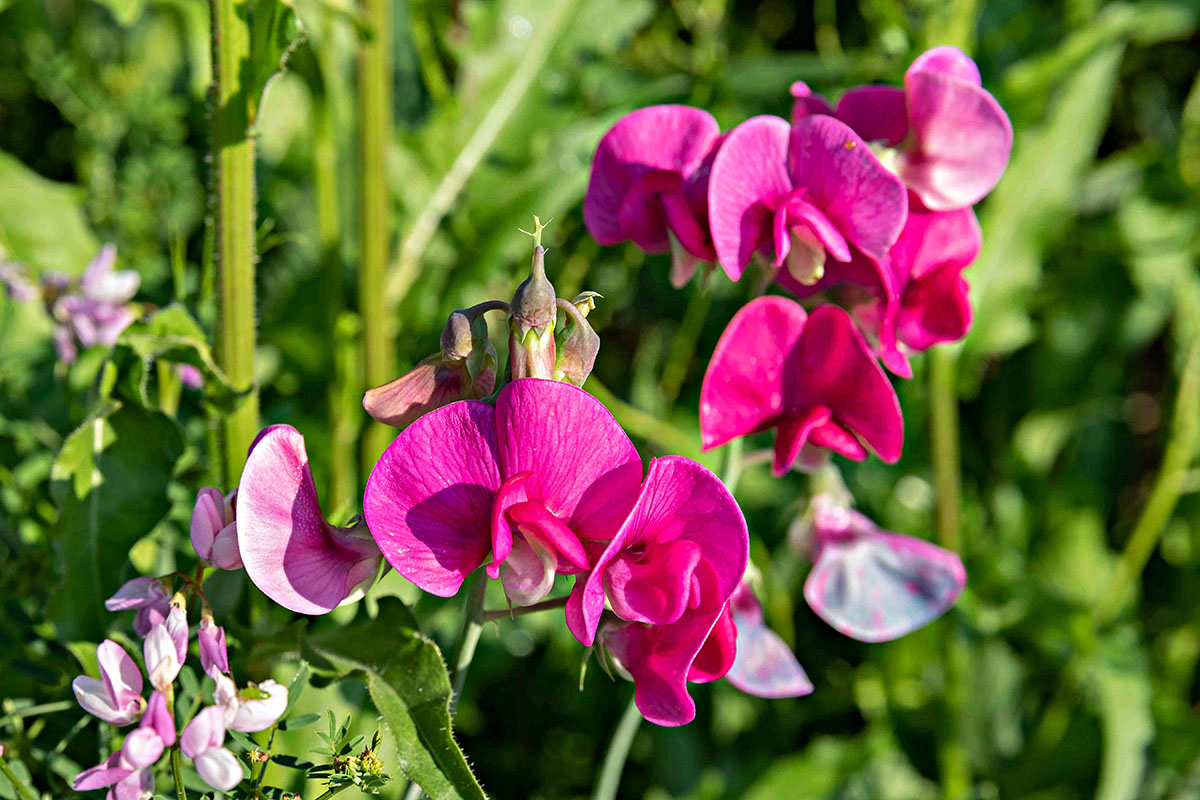

Garden Essentials
How Long Does It Take Sweet Peas To Germinate?
Modified: March 16, 2024
Discover how long it takes for sweet peas to germinate in your garden. Find out the ideal conditions and tips for successful germination.
(Many of the links in this article redirect to a specific reviewed product. Your purchase of these products through affiliate links helps to generate commission for Storables.com, at no extra cost. Learn more)
Introduction
Welcome to the world of gardening! Whether you are a seasoned gardener or a beginner, one of the most fulfilling experiences is growing your own plants from seeds. Among the many flowers you can cultivate, sweet peas are a popular choice due to their beautiful blooms and delightful fragrance.
One of the key factors to consider when growing sweet peas is their germination time. Germination refers to the process in which a seed develops into a new plant. Understanding how long it takes sweet peas to germinate is crucial for planning and ensuring successful growth.
In this article, we will explore the factors that affect sweet peas’ germination, the average germination time of sweet peas, and share some tips and troubleshooting advice to help you promote germination and overcome common challenges. So, let’s dive in and discover the journey of sweet peas from seed to sprout!
Key Takeaways:
- Sweet peas take around 10 to 14 days to germinate, but factors like temperature and moisture can affect this. Soak the seeds, maintain the right temperature, and be patient for successful germination.
- To help sweet peas germinate, provide consistent moisture, use bottom watering, and protect from pests. Troubleshoot issues like poor germination and leggy seedlings for healthier plants.
Factors Affecting Sweet Peas Germination
Several factors can influence the germination process of sweet peas. By understanding these factors, you can create an optimal environment for their growth. Here are the key factors to consider:
- Temperature: Sweet peas are cool-season flowers that thrive in moderate temperatures. The ideal range for germination is between 50 to 65 degrees Fahrenheit (10 to 18 degrees Celsius). Higher temperatures can inhibit germination, while lower temperatures may cause slower or uneven sprouting.
- Moisture: Adequate moisture is essential for successful germination. It is recommended to pre-soak sweet pea seeds overnight before planting them. This helps to soften the seed coat and promote moisture absorption. Additionally, maintaining consistent moisture levels in the soil during germination is crucial. Be careful not to overwater, as this can lead to rotting or fungal diseases.
- Light: Sweet peas do not require light for germination and can actually germinate in darkness. However, once the seeds have sprouted, they need sufficient light to develop into healthy seedlings. Place them in a well-lit area or provide artificial light if necessary.
- Soil Quality: The quality of the soil plays a significant role in germination. Sweet peas prefer well-draining soil that is rich in organic matter. Prior to planting, make sure to loosen the soil and remove any weeds or debris. Adding compost or well-rotted manure can improve the soil’s fertility and provide essential nutrients for seedling growth.
- Seed Depth: Sweet pea seeds should be planted at a depth of about 1 inch (2.5 centimeters) in the soil. Planting them too deep can inhibit germination, while planting them too shallow may expose them to drying out or being eaten by birds.
By taking these factors into account and creating the right conditions, you can greatly increase the chances of successful sweet pea germination. Let’s move on to the next section to learn about the average germination time for sweet peas.
Average Germination Time of Sweet Peas
The germination time for sweet peas can vary depending on various factors, including the variety, environmental conditions, and seed quality. On average, sweet peas take around 10 to 14 days to germinate, but it can take up to 3 weeks in some cases.
It’s important to note that germination times can be influenced by temperature, moisture, and light conditions. If the temperature is within the optimal range of 50 to 65 degrees Fahrenheit (10 to 18 degrees Celsius) and the soil moisture is maintained, you will likely see germination within the expected timeframe.
However, factors such as cooler temperatures or variations in soil moisture can result in longer germination periods. Additionally, some sweet pea varieties may have inherent genetic characteristics that impact their germination time. Some varieties may germinate more quickly, while others may take a little longer.
While waiting for your sweet peas to germinate, be patient and make sure to provide them with consistent care and attention. Keep the soil slightly moist, avoid overwatering, and monitor the temperature to create an ideal environment for germination.
Now that we have covered the average germination time of sweet peas, let’s move on to the next section where we will share some tips to help you promote germination and ensure a successful growing journey for your sweet peas.
Sweet peas typically take 7-14 days to germinate. To speed up the process, soak the seeds in water overnight before planting and keep the soil consistently moist.
Tips for Promoting Germination of Sweet Peas
If you want to give your sweet peas the best chance at germination, here are some tips to help you create an optimal environment:
- Pre-soak the seeds: Before planting, soak the sweet pea seeds in water for 24 hours. This will help soften the seed coat and promote quicker and more uniform germination.
- Start seeds indoors: To get a head start on the growing season, consider starting your sweet pea seeds indoors. Use seed trays or pots filled with well-draining potting soil. Once the seeds have sprouted, they can be transplanted outdoors.
- Provide the right temperature: Sweet peas prefer cooler temperatures for germination. Keep the soil temperature between 50 to 65 degrees Fahrenheit (10 to 18 degrees Celsius). Consider using a seedling heat mat to maintain consistent warmth.
- Create a moist environment: Sweet peas require consistent moisture for germination. Keep the soil slightly moist, but avoid overwatering as it can lead to rotting. Use a misting spray bottle to gently moisten the soil surface if needed.
- Use bottom watering: To prevent disturbing the seeds or causing uneven moisture distribution, consider using a bottom watering method. Place your seed tray or pots in a tray filled with water and allow the soil to absorb the moisture from the bottom.
- Provide sufficient light: Once the seeds have sprouted, ensure they receive adequate light to help with their growth. Place them in a sunny location or provide artificial lighting if necessary.
- Protect from pests: Be mindful of pests such as birds or rodents that might try to feast on your sweet pea seeds. Consider using wire mesh or protective covers until the seeds have sprouted.
- Monitor and adjust: Regularly check the moisture levels, temperature, and overall health of your sweet pea seeds. Make adjustments as needed to create an optimal growing environment.
By following these tips, you can greatly increase the chances of successful germination for your sweet peas. Remember to be patient and give the seeds the time they need to sprout. Now, let’s move on to the next section where we will address some common issues and troubleshooting strategies.
Common Issues and Troubleshooting
While sweet peas are relatively easy to grow, there are a few common issues that you may encounter during the germination process. Here are some troubleshooting strategies for these common problems:
- Poor germination: If you notice poor germination rates, it could be due to factors like old or low-quality seeds. To improve germination rates, ensure that you are using fresh, high-quality sweet pea seeds from a reputable source.
- Uneven germination: Uneven germination can occur if the soil temperature or moisture levels are inconsistent. Check that the temperature remains within the recommended range and that the soil is kept consistently moist. Consider using a humidity dome or covering the pots with plastic wrap to create a more controlled environment.
- Damping off: Damping off is a fungal disease that can affect young seedlings. It causes the stems to become weak and eventually collapse. To prevent damping off, ensure good air circulation, avoid overwatering, and use sterilized soil or seed-starting mix.
- Lack of germination: If you experience a complete lack of germination, it could be due to unfavorable environmental conditions or incorrect planting depth. Check the temperature and moisture levels, and ensure that the seeds are planted at the recommended depth of around 1 inch (2.5 centimeters).
- Pest damage: Birds, slugs, and snails are common pests that may damage sweet pea seeds. Protect your seeds by using netting or covers until they have sprouted. You can also use organic pest control methods such as copper tape or beer traps for slugs and snails.
- Leggy seedlings: If your sweet pea seedlings are growing tall and weak with long stems, it is likely due to insufficient light. Ensure that your seedlings receive adequate light by placing them in a sunny location or using grow lights. You can also pinch off the top few inches of the seedlings to encourage bushier growth.
By addressing these common issues and implementing the necessary troubleshooting strategies, you can overcome challenges and ensure healthier and more successful germination for your sweet peas.
Now that you are equipped with knowledge about common issues and how to troubleshoot them, you are ready to embark on your sweet pea growing adventure. With patience, care, and a little bit of luck, you will soon have beautiful sweet pea plants adorning your garden or containers.
Remember, gardening is a journey of learning and experimentation, so don’t be afraid to try new techniques and adjust your approach according to the specific needs of your sweet peas. Happy germinating!
Read more: How Long Do Snow Peas Take To Germinate
Conclusion
Growing sweet peas from seeds can be a rewarding and enjoyable experience. Understanding the factors that affect germination, knowing the average germination time, and implementing the right practices to promote successful germination are key to achieving vibrant and healthy sweet pea plants.
Remember, temperature, moisture, light, soil quality, and seed depth are all crucial factors to consider when germinating sweet peas. By creating the optimal conditions and providing the right care, you can boost germination rates and ensure a smooth growing journey for your sweet peas.
Additionally, being aware of common issues and troubleshooting strategies is essential for addressing any challenges you may encounter along the way. By identifying and resolving issues like poor germination rates, uneven germination, damping off, lack of germination, pest damage, or leggy seedlings, you can overcome obstacles and promote healthier plant growth.
Gardening is a learning process, and each growing experience brings valuable knowledge and insights. Don’t be discouraged if you face setbacks or challenges during the germination process. Embrace them as opportunities to grow and improve your gardening skills.
Now armed with the knowledge and tips shared in this article, you are ready to embark on your sweet pea growing adventure. Patience, care, and a little bit of experimentation will reward you with magnificent sweet pea blooms, filling your garden with their exquisite fragrance and vibrant colors.
So, go ahead and sow those sweet pea seeds, nurture them with love, and enjoy the journey as your sweet peas germinate and blossom into beautiful plants.
Frequently Asked Questions about How Long Does It Take Sweet Peas To Germinate?
Was this page helpful?
At Storables.com, we guarantee accurate and reliable information. Our content, validated by Expert Board Contributors, is crafted following stringent Editorial Policies. We're committed to providing you with well-researched, expert-backed insights for all your informational needs.
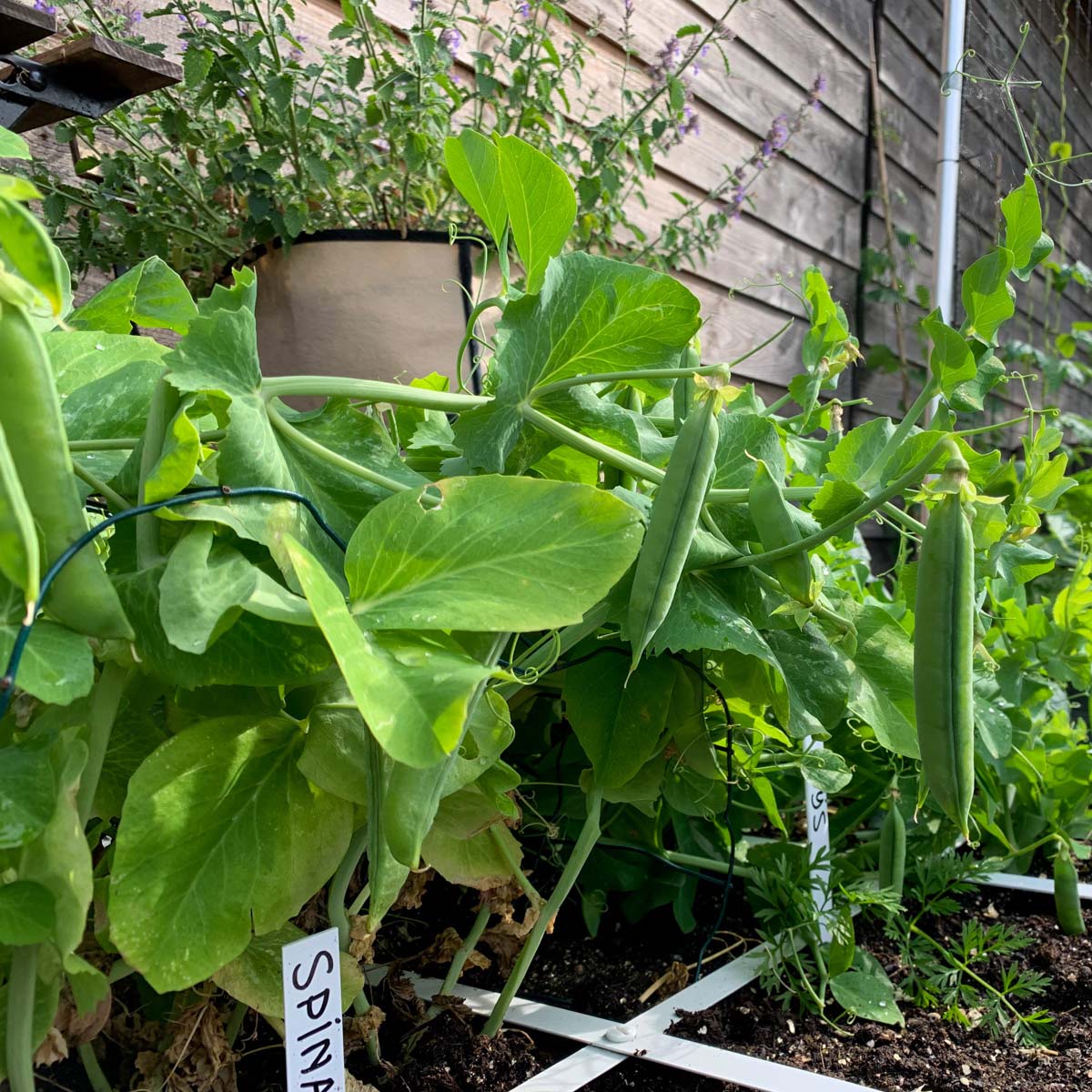
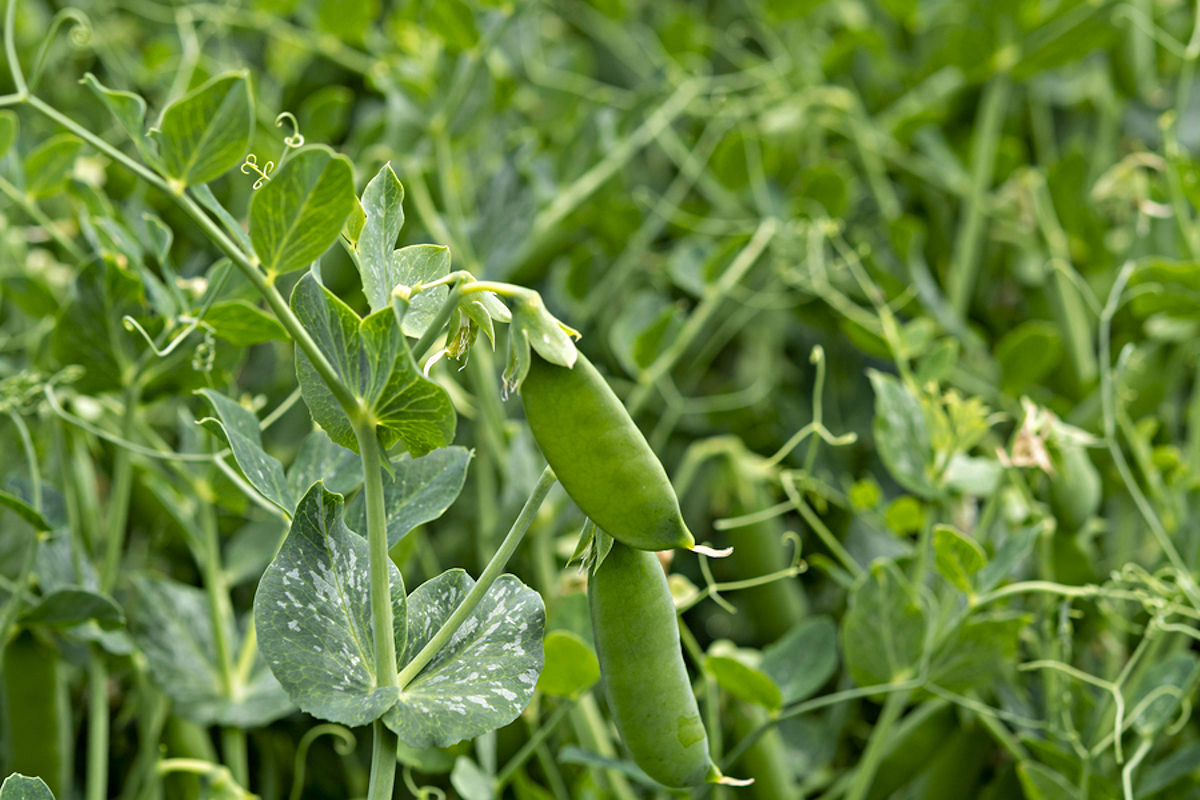

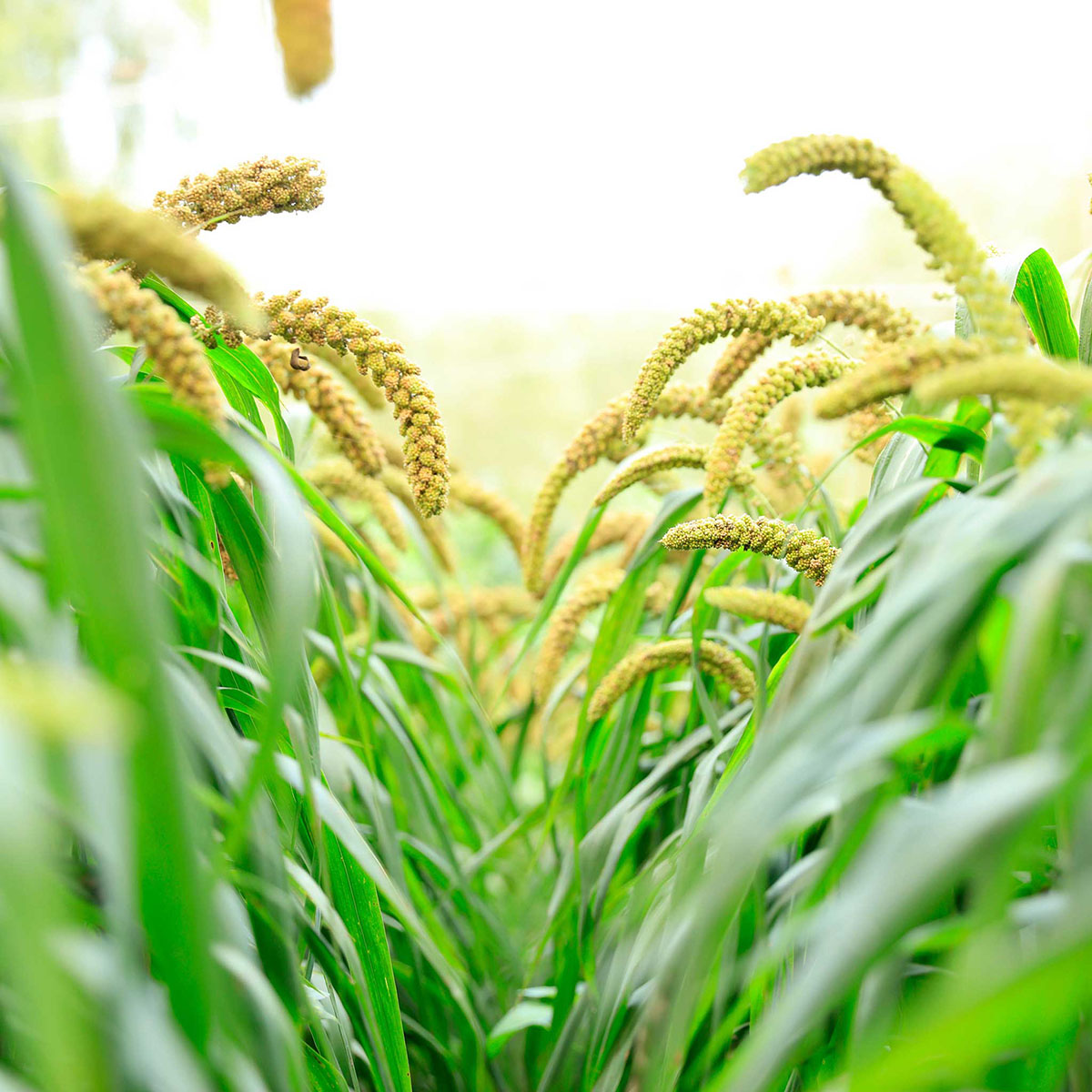



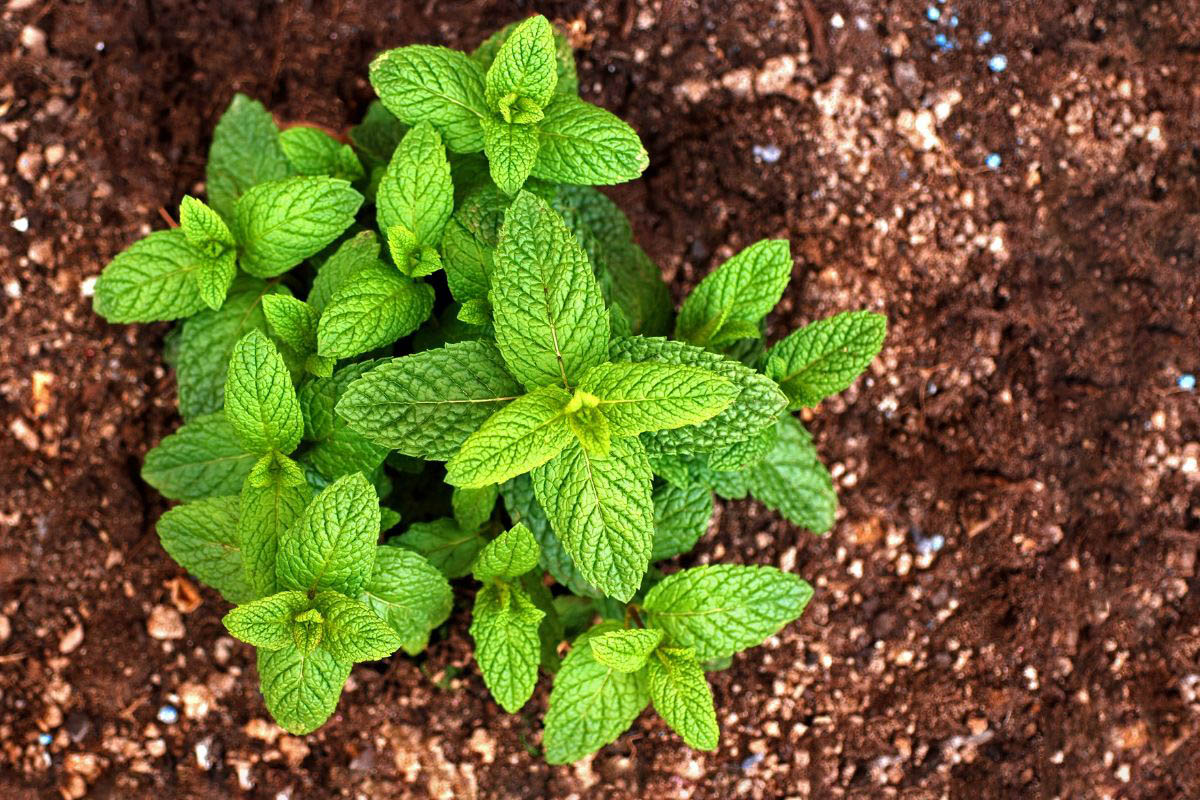
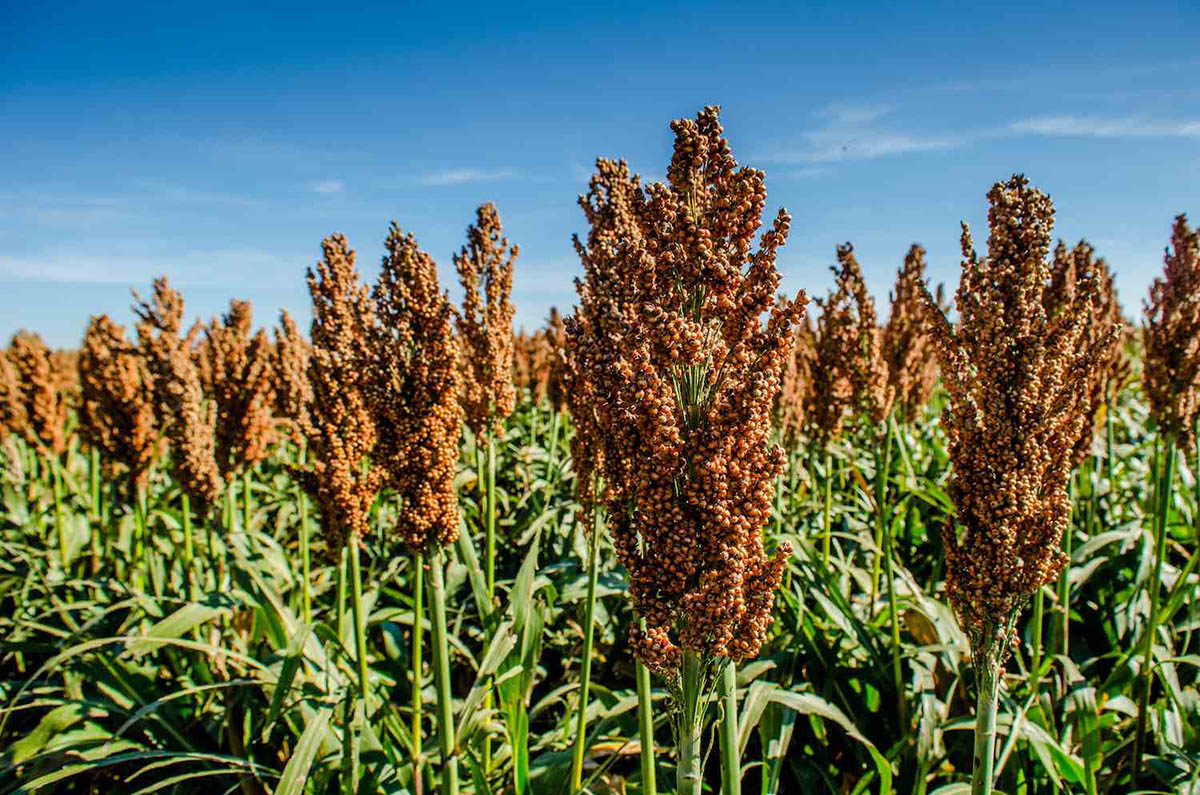
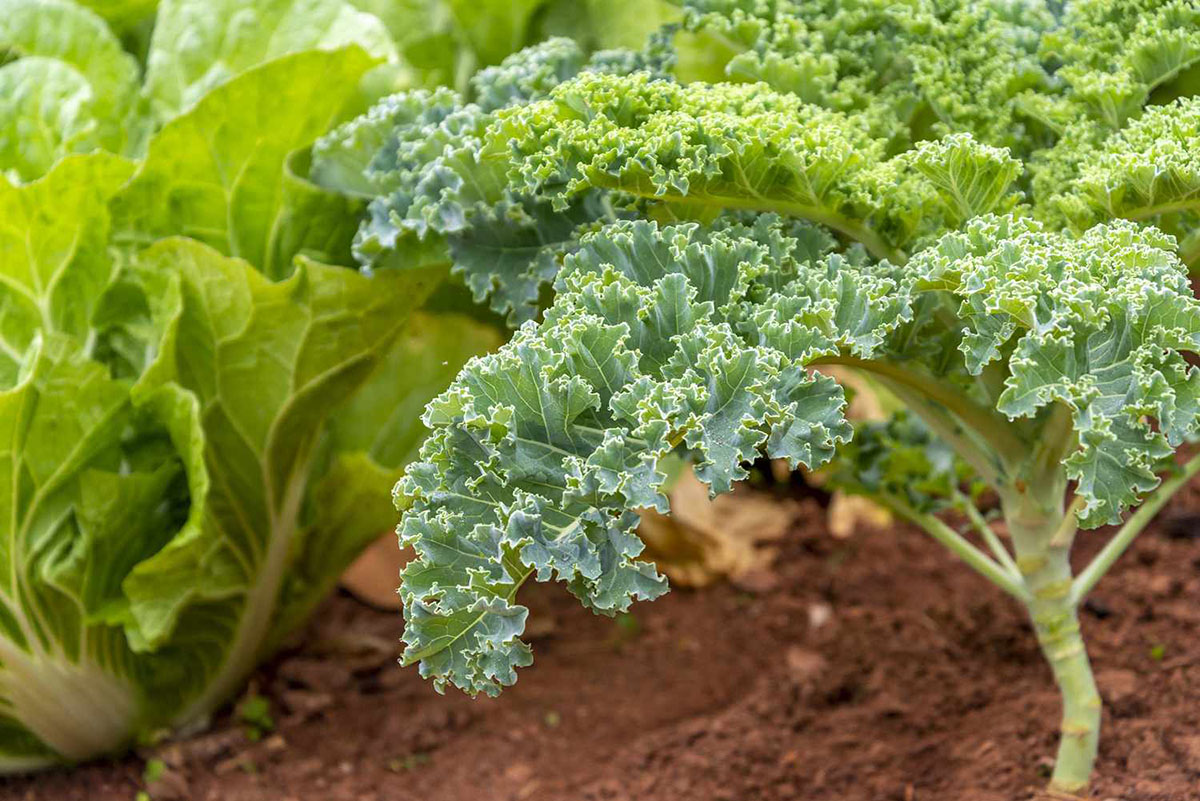
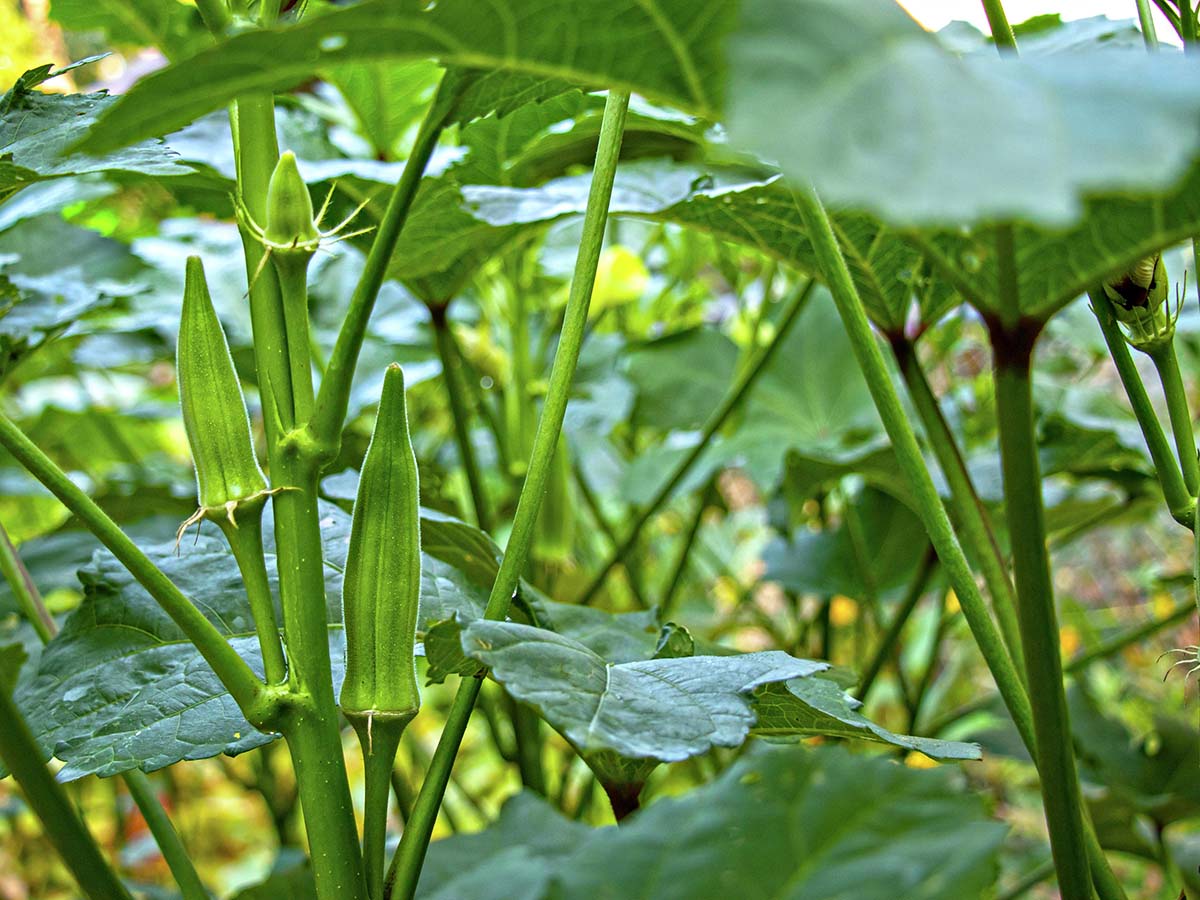
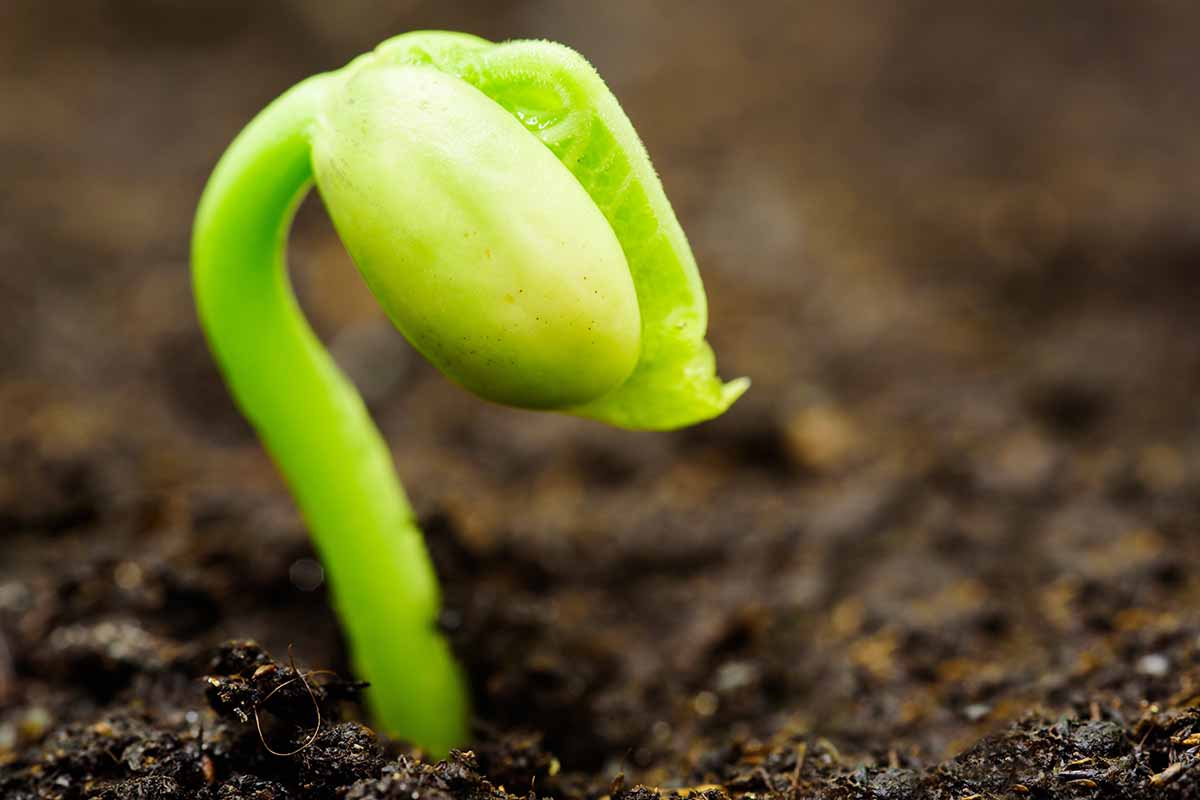
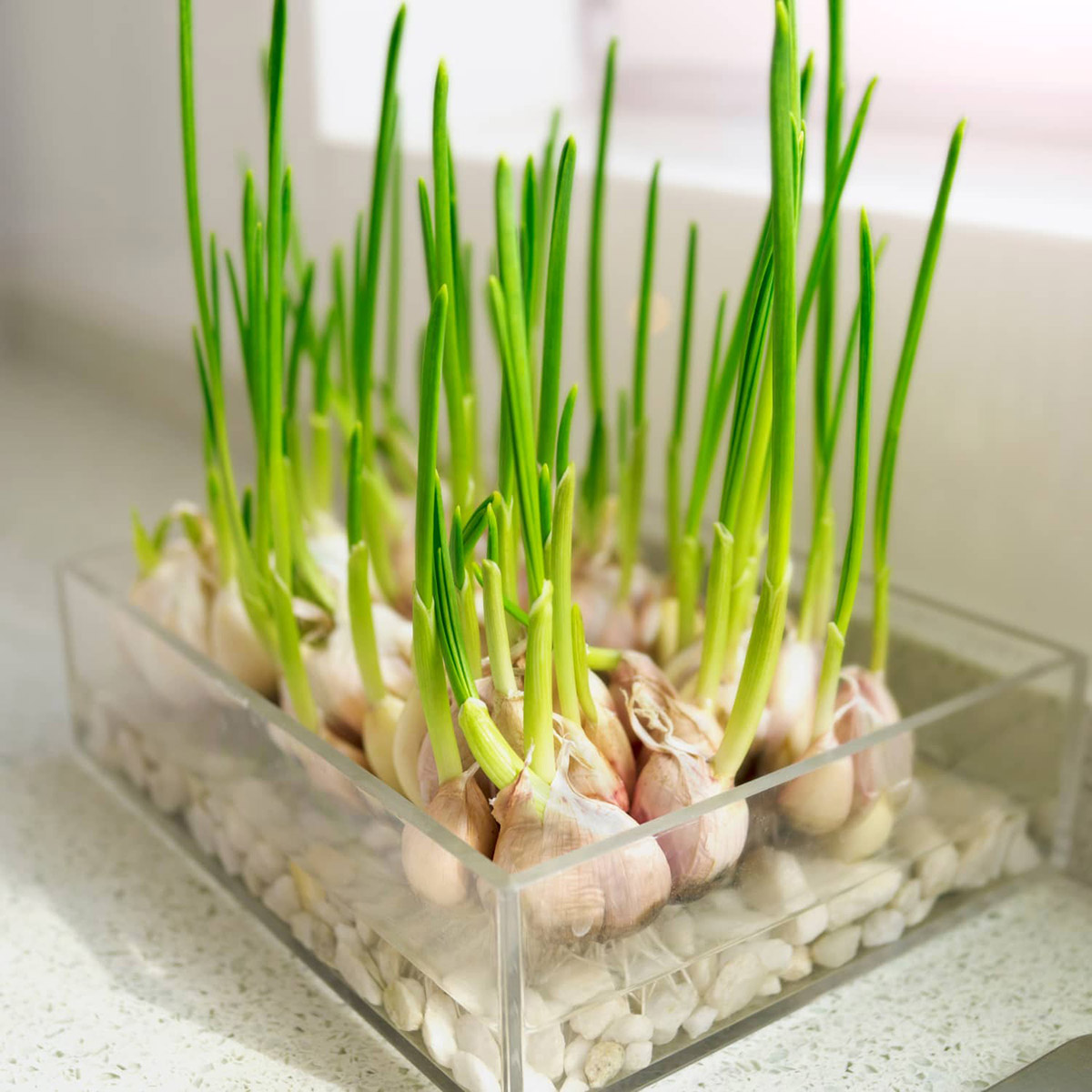
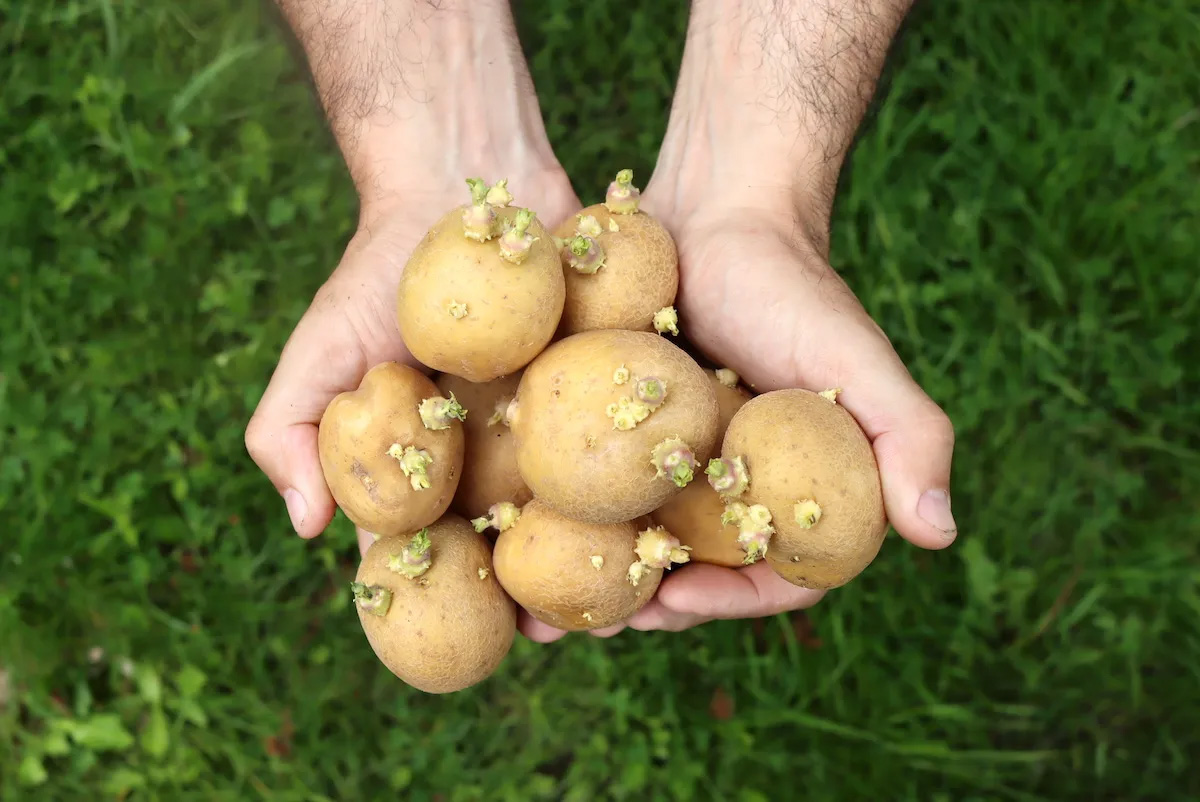

0 thoughts on “How Long Does It Take Sweet Peas To Germinate?”